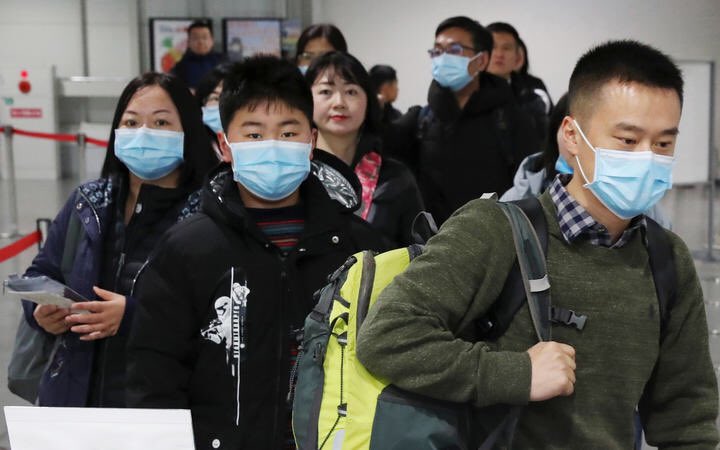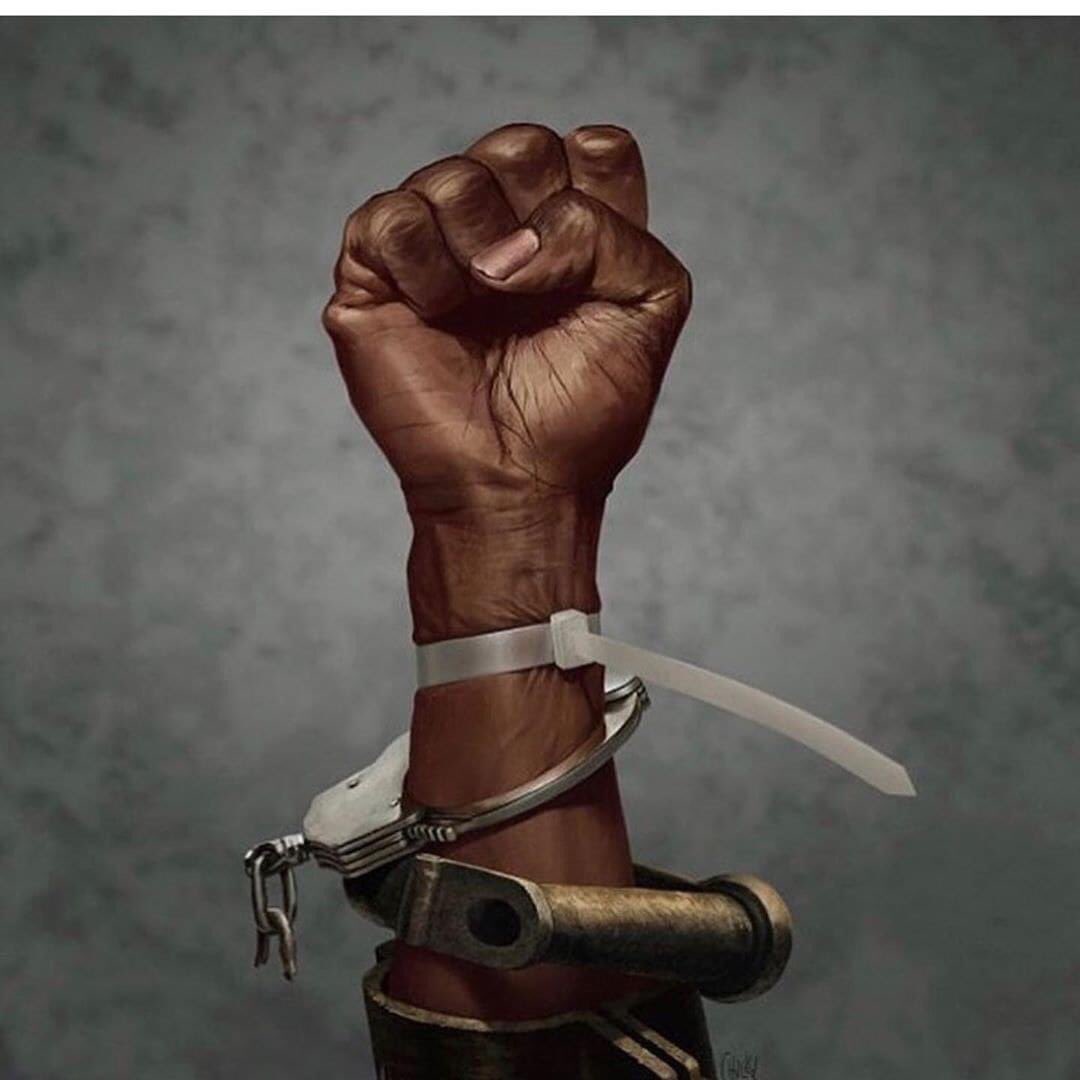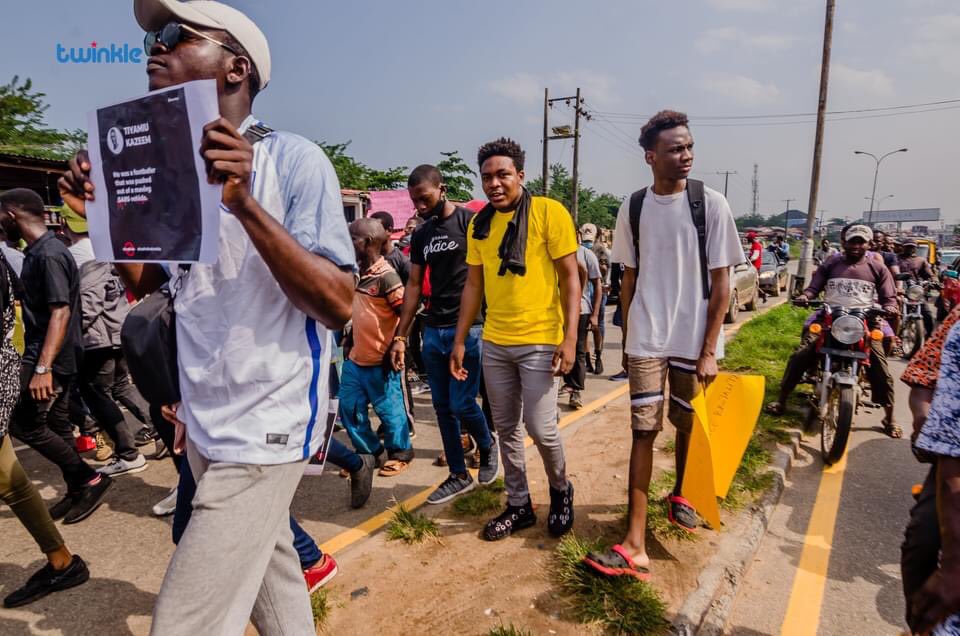COVID-19 CONSPIRACY AGAINST CHINA
Listen here
Some have termed COVID-19 the Chinese Virus to remind the world it came from China. Chinese people in Europe, America and even in Asia are now facing virus-related racism and xenophobia - Sinophobia.
Listen here
Some have termed COVID-19 the Chinese Virus to remind the world it came from China. Chinese people in Europe, America and even in Asia are now facing virus-related racism and xenophobia - Sinophobia.

Some have labelled the Chinese as bioterrorists.
The anger against Mainland China in places like Hong Kong, Taiwan, Singapore, Malaysia and the Philippines is tied to China’s domineering economy and infrastructural expansion in the region.
The anger against Mainland China in places like Hong Kong, Taiwan, Singapore, Malaysia and the Philippines is tied to China’s domineering economy and infrastructural expansion in the region.
With the outbreak of COVID-19, century long disputes and historic grievances find expression in the conspiracy theory that China invented the virus to dominate its neighbours and by extension uproot the economic hegemony of the west.
It is in the dispute of the South China Sea and the detention of Uighur Muslims in Xinjiang province that the critics of China find the rallying point to suspect Chinese exploitation.
In recent years, a significant amount of anti-China rhetoric has come from the United States of America (USA), particularly under the Trump administration. This has worsened the discrimination against the Chinese in a period the world is distressed from COVID-19 pandemic.
Sinophobia in the US has officially existed since the the 19th century. The 1882 Chinese Exclusion Act, banning Chinese labourers from the US following the Gold Rush is a statement that reflects in the ongoing US-China trade war.
Can China challenge the hegemonic power of the US?
Is the West fair to China in the way it relays the messages of Coronavirus?
Some in China feel the discrimination is ‘Kicking China while it's down'.
Is the West fair to China in the way it relays the messages of Coronavirus?
Some in China feel the discrimination is ‘Kicking China while it's down'.
To look at the conspiracy theories that have put China in the eye of the storm is Dr Obadiah Mailafia.
He was a chief economist in the Strategic Planning and Budgeting Department of the African Development Bank (ADB).
He was a chief economist in the Strategic Planning and Budgeting Department of the African Development Bank (ADB).
He worked with the African, Caribbean and Pacific Group of States and the Central Bank of Nigeria (CBN), where he was a deputy governor responsible for monetary and economic policy. He earned a Doctor of Philosophy (DPhil) from Oxford University in 1985.
Mailafia is a development economist. He was the presidential candidate of the African Democratic Congress (ADC) in the 2019 election.
Interview date: 3 April 2020
@bushradio24
@twinklefiles
@udarabooks
#BushRadio
#StateAffairs
Interview date: 3 April 2020
@bushradio24
@twinklefiles
@udarabooks
#BushRadio
#StateAffairs
• • •
Missing some Tweet in this thread? You can try to
force a refresh




















